Bearings, often referred to as the “heart of machinery,” play an essential role in most modern mechanical devices. However, despite the robust growth of China’s manufacturing industry, the country has continued to import a significant quantity of high-quality bearings for many years.
Bearing is a crucial component in many mechanical devices, playing a decisive role in controlling axial and radial movement, reducing friction coefficients, and extending the lifespan of parts. The quality of bearings directly impacts the quality and performance of industrial products. Although China boasts a large bearing industry, it still needs to import substantial amounts of high-quality bearings. So why can’t China produce high-quality bearings?
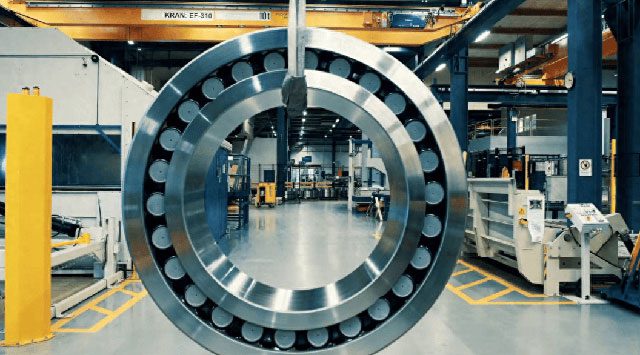
The quality of bearings directly depends on the quality of high-strength steel, which is critical for ensuring durability, hardness, and heat resistance in bearings.
In fact, China does not lack the capability to produce steel, but high-grade steel with appropriate rare earth element content, which is essential for enhancing bearing performance, remains a significant challenge.
The primary reason China struggles to produce high-quality bearings is due to the quality of domestic high-strength steel. The quality of high-strength steel is the most important factor affecting the quality of bearings. Although China successfully developed high-grade rare earth high-strength steel in 2018, the challenge lies in mass production and the application of this technology in the bearing industry.
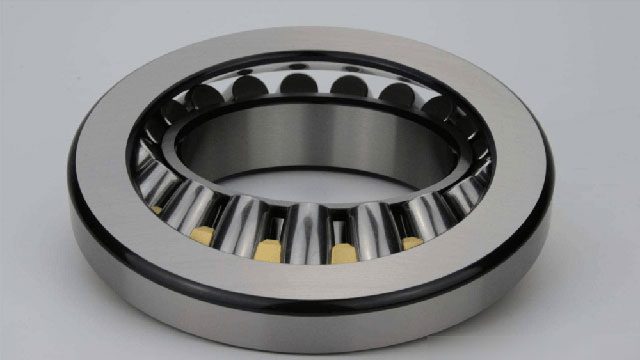
In addition to material factors, the level of technical expertise in the bearing industry in China also poses a significant barrier. Applying rare earth elements in bearing production requires in-depth knowledge and advanced technology, which China currently lacks.
China’s bearing industry began in the 1950s when the country was undergoing industrial transformation and construction. Due to limited national strength at that time and an inability to meet domestic industrial demands, China was compelled to import many crucial parts and components. Subsequently, the country started building an independent industrial system, gradually achieving the capability to manufacture key components, including bearings.
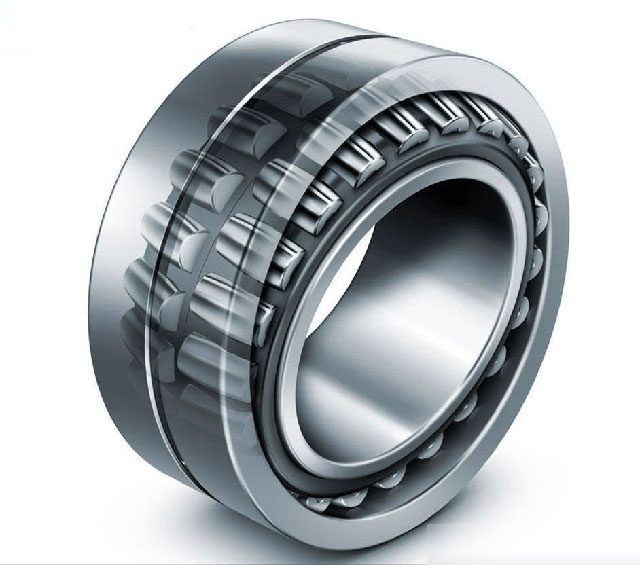
As it could not produce enough high-quality bearings to meet domestic demand, China has had to import from other countries. This has led to dependence on external supplies and higher production costs.
Despite making significant progress, China’s bearing industry still faces numerous challenges. One of the biggest issues is overcapacity in the production of mid-range and low-end bearings, while the high-end bearing market is nearly monopolized by other countries. This results in two consequences: on one hand, there is excess capacity; on the other, there are limitations in exports.
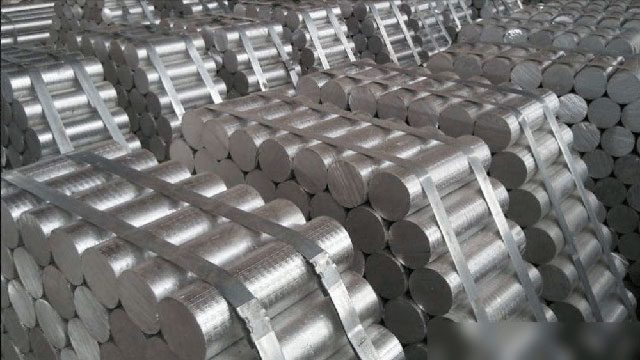
Recognizing the importance of producing high-quality bearings, China has been striving to invest in research and development.
In 2018, the country achieved initial success by producing high-grade rare earth high-strength steel, marking a significant step toward reducing dependence on imports.
High-quality bearings must withstand stringent requirements such as high-temperature resistance, excellent lubrication, high load-bearing capacity, dust resistance, and tight sealing. To meet these requirements, high-strength steel must have high purity and uniformity, often improved by adding a small amount of rare earth elements. Rare earth elements significantly enhance the purity and uniformity of steel, thereby improving the quality of bearings.
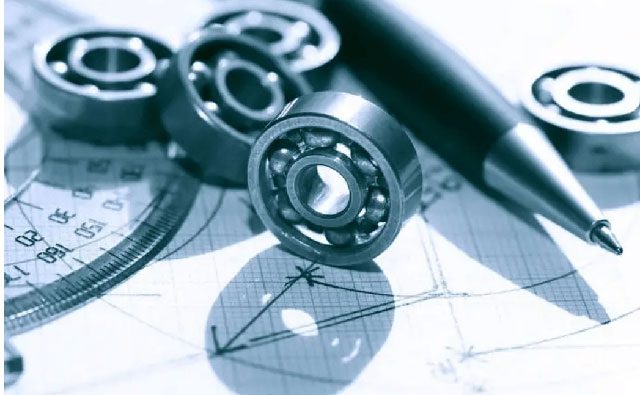
The quality of high-strength steel is greatly influenced by its purity and uniformity. If the steel contains many impurities such as oxygen, sulfur, nitrogen, and sodium, even in low concentrations, they can cause significant issues for the steel’s structure, leading to reduced quality and performance of the bearings. This necessitates strict control over the steel production process to ensure purity and uniformity.

With continuous investment in research and innovation, along with an increasing number of companies entering the high-quality bearing manufacturing sector, China has tremendous potential to make breakthroughs in this industry.
The successful production of high-grade rare earth high-strength steel is evidence of China’s capability to address technical challenges and create technological breakthroughs.
Although China successfully developed high-grade rare earth high-strength steel in 2018, the bearing industry still struggles to mass-produce high-quality bearings. This is due to the current level of technical expertise not meeting existing demands and a lack of investment in research and development technologies. China’s bearing industry needs to invest significantly in research and development and closely collaborate with research institutes to overcome these challenges.
The successful development of high-grade rare earth high-strength steel is an important step, highlighting the potential of China’s bearing industry. However, to truly produce high-quality bearings and reduce dependence on imports, China must continue investing in research and development, improve manufacturing techniques, and ensure the quality of raw materials.
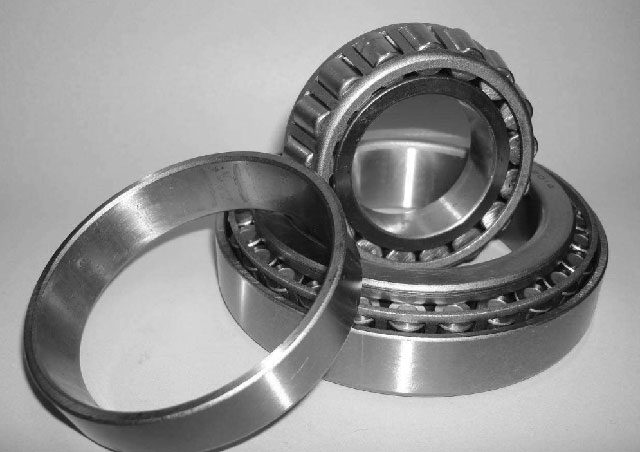
The successful production of high-grade rare earth high-strength steel is evidence of China’s capability to address technical challenges and create technological breakthroughs.
Despite the progress made in the bearing industry, China still cannot produce high-quality bearings due to limitations in the quality of high-strength steel and manufacturing techniques. To overcome these limitations, China needs to invest heavily in research and development, collaborate with research institutions and enterprises, and enhance production quality. The successful development of high-grade rare earth high-strength steel is a positive sign, but further efforts are needed to achieve the goal of domestic production of high-quality bearings.





















































